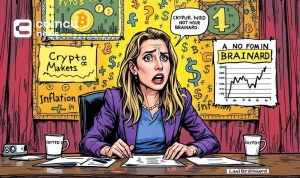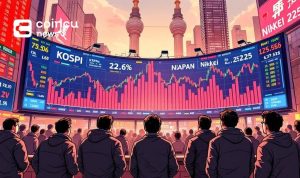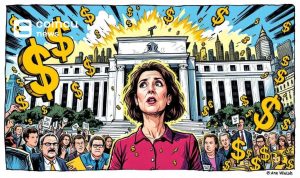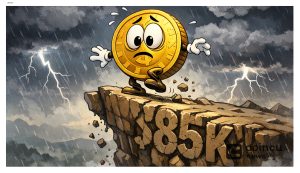- The bear market, triggered by tariffs, poses recession risks.
- Economic slowdown affects investor confidence and requires reassessment of strategies.
- Diversification across geographies and sectors is emphasized due to vulnerabilities in U.S. equities.
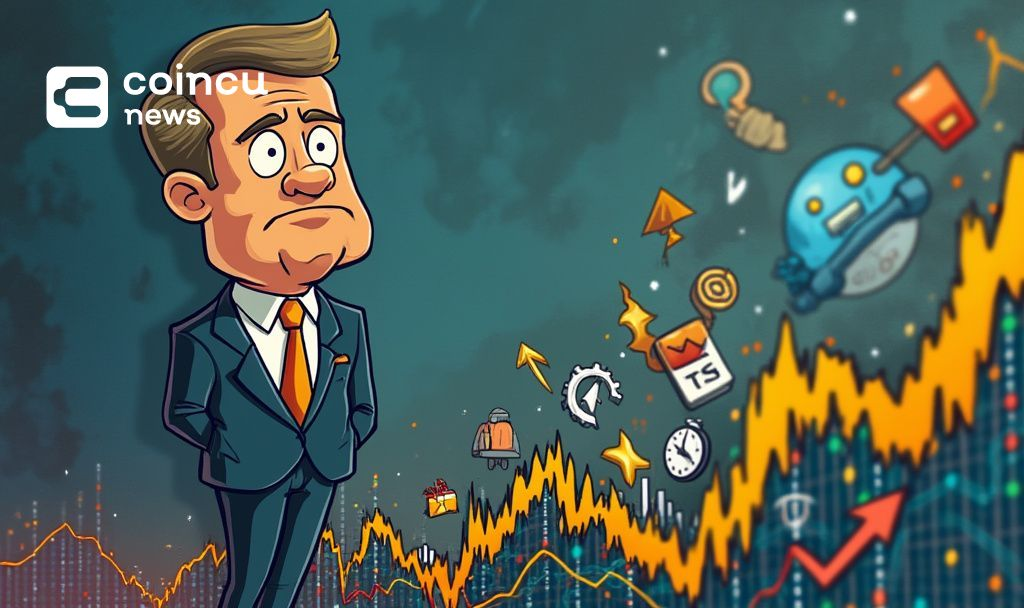
On April 9, Goldman Sachs released a U.S. stock research report stating the bear market, triggered by tariffs, might persist and even worsen, suggesting heightened recession risks.
The report emphasizes potential economic slowdown implications, affecting investor confidence and prompting financial institutions to reassess strategies. Goldman Sachs’ latest report, led by strategists Peter Oppenheimer and Lilia Peytavin, highlights the bear market’s event-driven nature due to tariffs. Despite this, it warns of a possible shift to a cyclical bear market if recession risks mount.
Historical Trends and Strategic Insights Amid Recession Fears
During the 2008 financial crisis, a key structural bear market, average declines reached about 60%, highlighting more severe impacts than event-driven bear markets. Past event-driven downturns, such as those caused by COVID-19 and 9/11, showed relatively quick recoveries due to their isolated causes. Goldman Sachs, however, highlights the current risks from economic headwinds and geopolitical tensions that could exacerbate this market phase. Historical data suggests that such bear markets recover faster, but compounded risks may alter this historical pattern.
The probability of a U.S. recession has been elevated from 35% to 45% by Goldman Sachs strategists, reflecting growing concerns over recession and trade policies. As strategists suggest prudent vigilance, investors are advised to watch for economic recovery indicators prior to altering their investment positions. BlackRock also stresses the importance of adjusting strategies around these potential market shifts.
Global stocks face vulnerability in 2025 amid economic uncertainty, further prompting a diversified strategy (Global Stocks Face Vulnerability in 2025 Amid Economic Uncertainty).
Expert opinions, such as those from Larry Fink, CEO of BlackRock, express concerns that market sentiment could weaken due to wealth losses from trade tensions. He warns that consumer spending may be significantly impacted, altering broader market perceptions. As Larry Fink noted, “significant wealth losses from escalating trade tensions could weaken consumer spending and market sentiment.”









